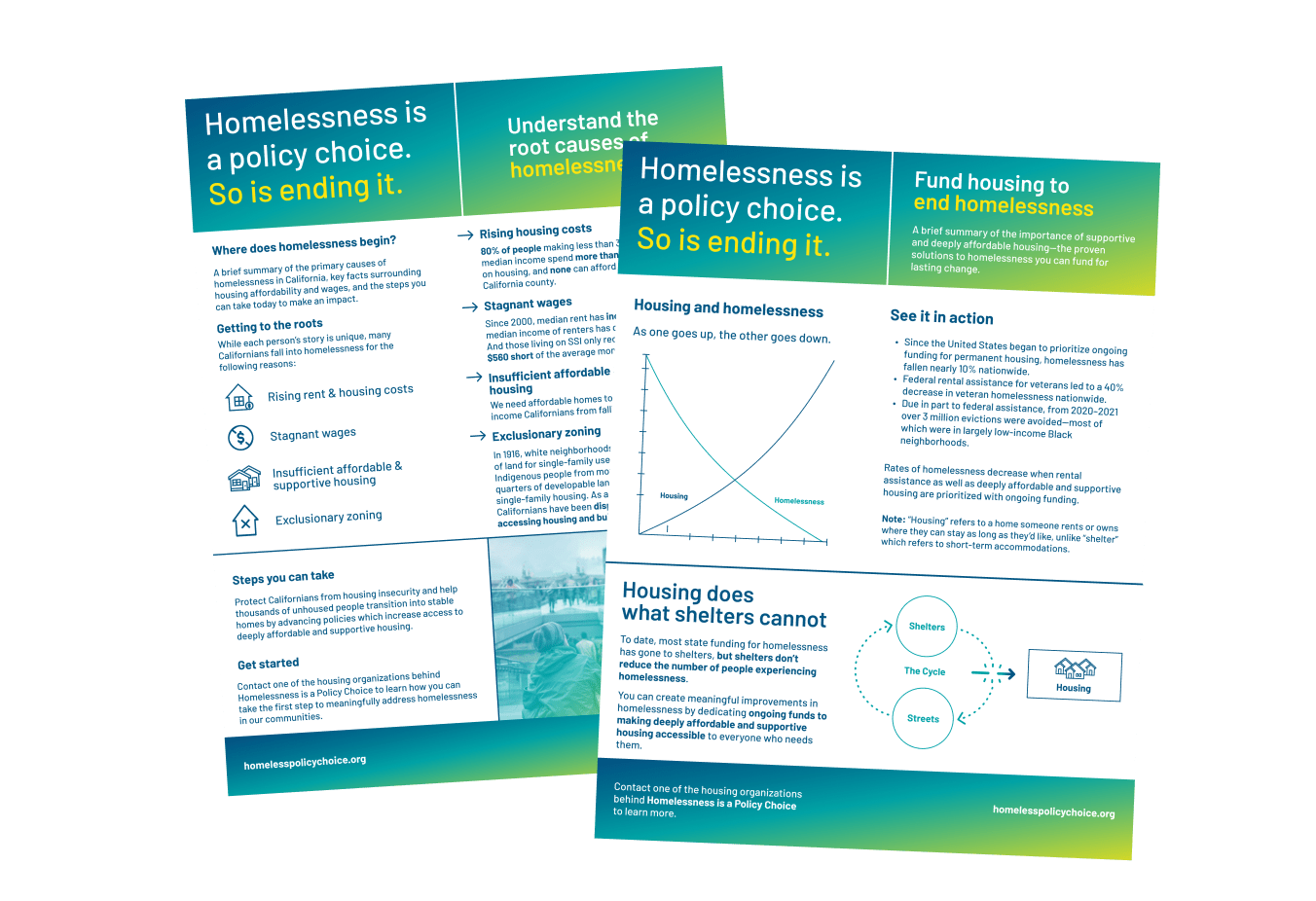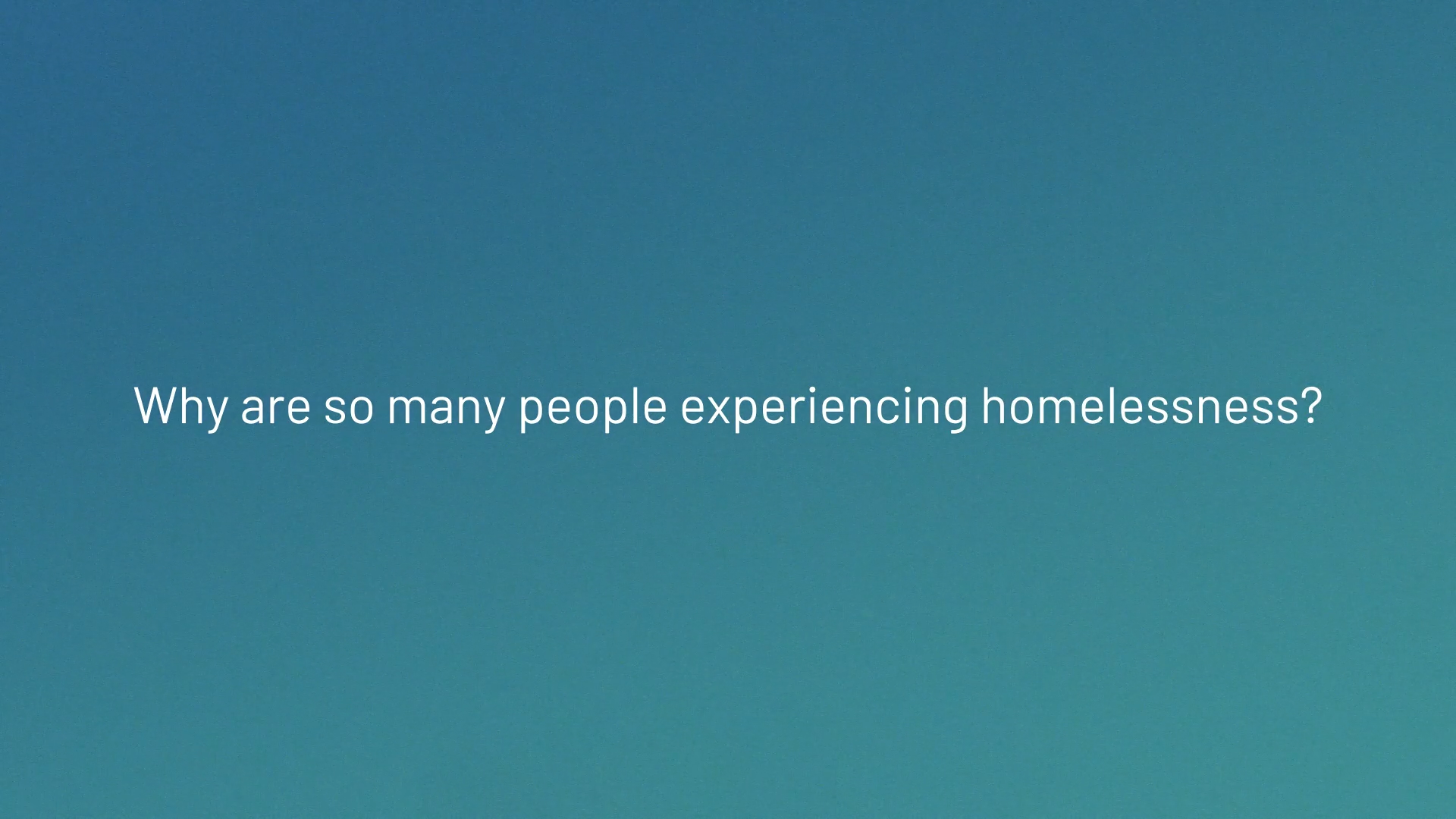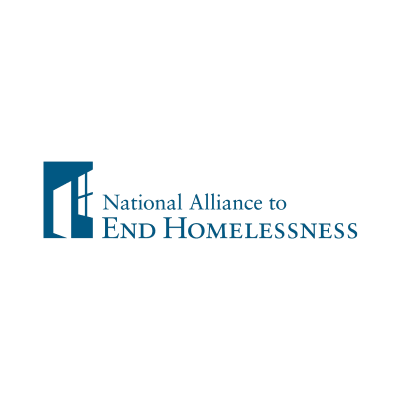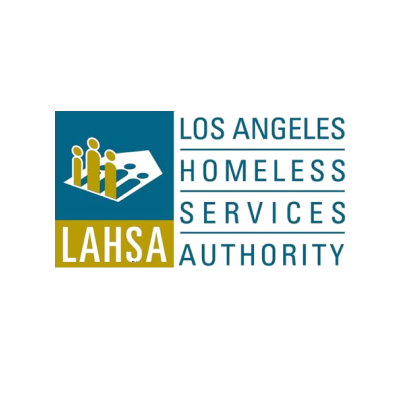Wages are stuck
Adjusted for inflation, median rent has increased 35% in the past 20 years while the median income of renters has only increased 6%. In real dollars, rent has increased 116%.
Equipped with the facts surrounding homelessness and its root causes, you can create policy today which will end homelessness in California.


Wallace lived out of his truck for nearly two years before being connected with supportive housing, where he has since been able to pursue occupational training and plan for his future.

Since securing subsidized housing, Lindsay was able to access behavioral health care and a support system to live with bipolar disorder, including cuddling with her rescue dog and daily meditation with her parents.
Photo By: Brian Biery

After moving into supportive housing, Vikki gained the security she needed to seek treatment for her schizophrenia and become a state advocate for unhoused Californians.

Supportive housing empowered Tiffany to rebuild her life and begin a career at the Los Angeles Homeless Services Authority, where she now works as an Advisory Group Coordinator.
Adjusted for inflation, median rent has increased 35% in the past 20 years while the median income of renters has only increased 6%. In real dollars, rent has increased 116%.
37% of Black renters are paying more than 50% of their incomes towards housing, making Black Californians one of the most severely rent burdened racial groups in the state.
Since the United States began to prioritize ongoing funding for affordable and supportive housing, homelessness has decreased nearly 10% nationwide.
People living on fixed incomes or earning the minimum wage often have to spend more than half of their income on housing, putting them at greater risk of losing their housing as rents go up.
“Housing” refers to a home someone rents or owns where they can live for as long as they’d like, while “shelter” refers to short-term accommodations. They are not the same.
Through open dialogue, we provide changemakers with clarity and insight regarding homelessness and housing insecurity.
We share informational materials from a growing library of resources to inspire a deeper understanding of the challenges facing unhoused and extremely low-income Californians who are at risk of homelessness.
We work closely with changemakers to drive policy that is driven by research, informed by those with lived experience, and geared towards lasting change.

Homelessness is a Policy Choice is powered by a coalition of housing experts, advocates, and service providers dedicated to ending homelessness in California.

























